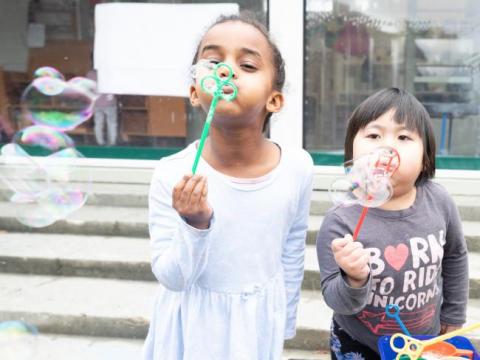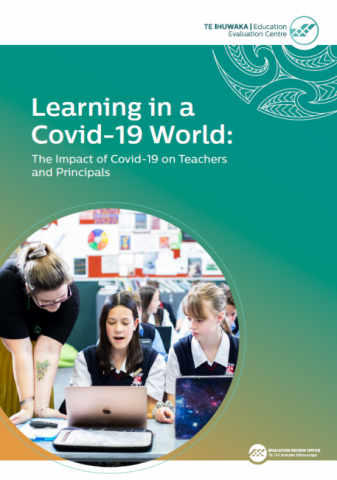Te Kahu Whakahaumaru: Māori continue to show resilience across Māori-medium education
Published: 10 Dec 2020
In Aotearoa, Māori-medium education experienced significant disruption when the outbreak of Covid-19 forced kura to close their doors, and whānau and kaiako to adjust to home schooling and distance learning. Among the many challenges were access to technology and resources with Māori communities among the most affected.
- Audience:
- Education
- Māori-medium
- Parents
- Schools
- Content type:
- Research
- Topics:
- COVID-19
- Early Childhood Education (ECE)
- Schools
- Māori-medium
- Teachers | Kaiako
- Resilience
- Te Pou Mataaho | Evaluation and Research Māori










